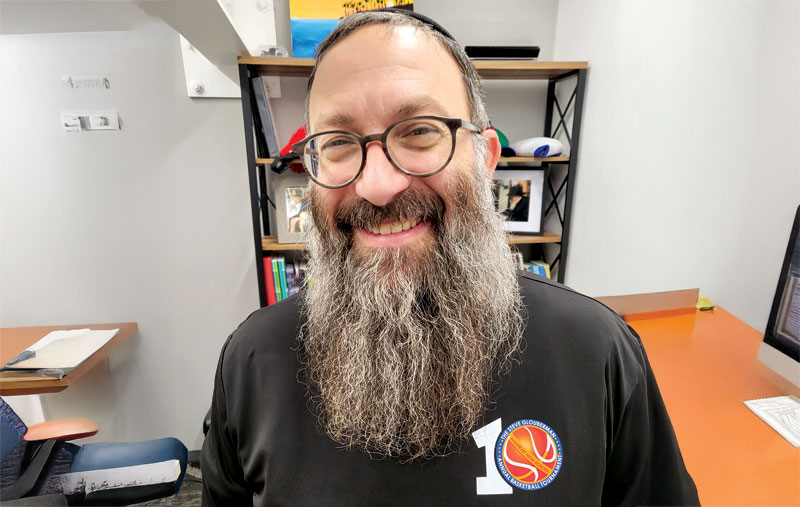Non-steroidal anti-inflammatory medicines (NSAIDs) have been around since the 1960s. They include ibuprofen (Advil, Motrin), naproxen (Aleve), meloxicam (Mobic), diclofenac (Voltaren) and over a dozen others. NSAIDs are used to treat pain, decrease fever, and decrease inflammation. They are prescribed over 100 million times annually in the US. Naproxen and ibuprofen are also available over the counter.
NSAIDs were a boon compared to the medications that were available before them. They are more effective for pain than acetaminophen (Tylenol), and are not addictive like opiates. But they do have some side effects. They decrease platelet function and thereby increase bleeding risk, and they can irritate the stomach lining and even cause ulcers. They can also cause kidney injury. These risks are quite small when used for the occasional headache or muscle sprain, but some patients require long-term daily pain medication. These patients’ risk of stomach bleeding from NSAIDs is substantial.
To address this risk, a novel family of medications emerged in the 1990s – COX-2 inhibitors. These medications were designed to have the analgesic and anti-inflammatory benefits of NSAIDs with much lower gastrointestinal risks. In the US two COX-2 inhibitors became available, celecoxib (Celebrex) in 1998 and rofecoxib (Vioxx) in 1999. But Vioxx was found to increase the risk of stroke and heart attack in patients taking it daily and was withdrawn from the market in 1999.
Thereafter it was discovered that traditional NSAIDs likely also increased stroke and heart attack risk somewhat, but the assumption was that Celebrex increased stroke and heart-attack risk more than NSAIDs because it was in the same family as Vioxx. After Vioxx’s withdrawal, the FDA allowed Celebrex to continue to be sold as long as its effect on stroke and heart attack risk was systematically evaluated. The resulting ” target=”_blank”>Study Suggests Celebrex Isn’t Riskier Than Rival Pain Drugs (Wall Street Journal)
” target=”_blank”>Celebrex May Not Pose More Heart Risk Than Others (WebMD)
Did you enjoy this article?
You'll love our roundtable.
Editor's Picks



What Ever Happened to the LA Times?

Who Are the Jews On Joe Biden’s Cabinet?


No Labels: The Group Fighting for the Political Center
Latest Articles

“Saving Abigail” Recaps a Year of Advocating for Hostages

A Bisl Torah~Challah Prayers

Three Abrahamic Faiths But Still We Survive

A Moment in Time: “An Eye that Sees”

Print Issue: “They Hate Us Because We’re Good” | Nov 22, 2024












 More news and opinions than at a Shabbat dinner, right in your inbox.
More news and opinions than at a Shabbat dinner, right in your inbox.